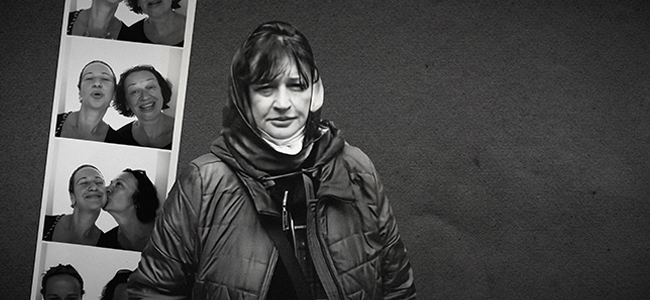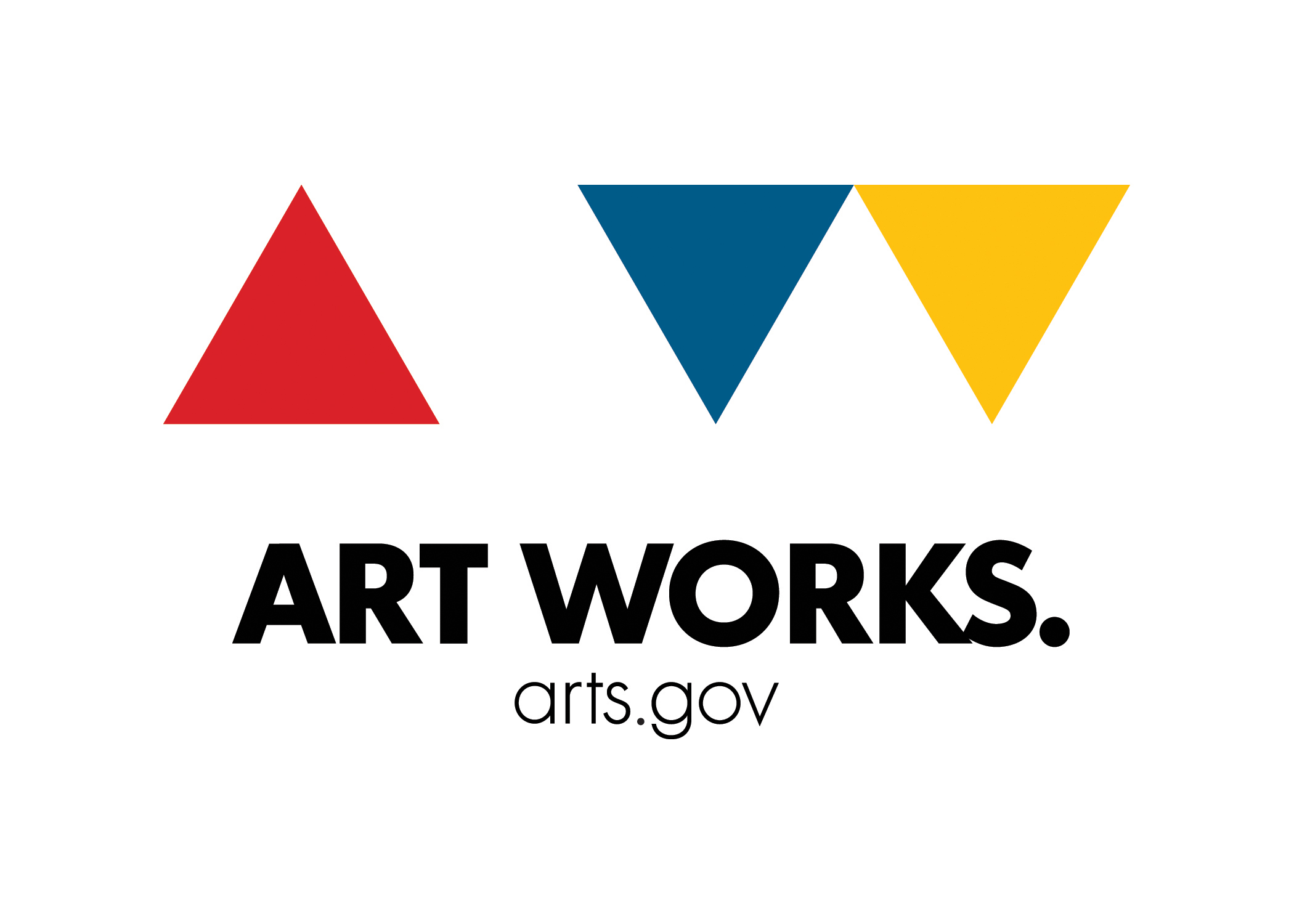Joe Richman: From PRX’s Radiotopia. This is Radio Diaries, I’m Joe Richman
In times of war, one of the most difficult decisions people face is whether to leave, to abandon their homes, their possessions, their memories, sometimes leaving loved ones behind. According to the UN close to 4 million people have left Ukraine since the war began.
Sofia Bretl is 33 and has lived in New York city for the last decade, but she was born and raised in the Ukrainian city of Kharkiv, about 25 miles from the Russian border. The city has received some of the worst shelling so far in the war, and it’s where her mother still lives. Sofia has talked to her mother almost every day since the war began.
And as conditions in Kharkiv have worsened, they faced a difficult decision. Today on the show Sofia’s choice.
Sofia Bretl: Every day I wake up, reach to my phone. And that split second, before I look at my phone, I have a fear of not seeing the message from my mom.
My mom’s name is Vita. She’s a single woman in her fifties. She has a very strong personality. She’s very proud, very loyal. And in the beginning, the building where my mom lives, it’s like, oh, we’re all together. Cook together, laugh together, be scared together, but then it got worse and worse. Every day, artillery fallen into people’s apartments and roofs, buildings explode, and people started leaving, trying to evacuate until only two other families was left in my building.
And I kept asking her, would you be willing to evacuate? There are trains. If I find someone for you to give you a ride or would you go, and my mom told me right away that she’s not going to leave because, she doesn’t want to leave her aunt.
Sofia: So my aunt, it’s hard to describe her. Her name is Vanya . She’s like a kid in a grown-up body. She was mentally disabled all her life because a big tree fell on her when she was 10. So my grandmother took care of her. So my grandmother died this year and left her sister at 92 years old, as heritage to my mom.
Our aunt lives across town. And my mom wasn’t able to get to my aunt. The city was being bombed. So my aunt’s neighbor in the beginning of the war said, “don’t worry. I’m going to take care of her. I’m here in this building. I’m not going anywhere. There is no need for you right now.” But she used to be a home attendant, so she knows how to do all this. So my aunt, she was barely walking . She’s helpless. She doesn’t even understand that there’s a war going on.
Sofia: I was at work and I got a message “call me” from my mom’s friend who she was in shelter with. I called her and she said that next morning, she will leave in evacuation. And she said, “listen, you need to convince your mom to leave because, because it’s really dangerous here and she doesn’t want to go because of the aunt.”
So I called my mom and they said like, “you, you need to make a decision. I want you to leave because I want to have a mother.” I said, “I am sorry to put it this way, but this isn’t me or the aunt.”
Sofia: I know that for sure this choice goes against her basic beliefs. Like to help your neighbor to contribute to the society. The core values came from the best, what was Soviet Ukraine. And up until the very last moment, I was sure she’s not going to go, but she called the neighbor who was taking care of our aunt.
And she said like, if she would let her go. And the neighbor said like, “it’s your decision , of course, what you do is terrible, but how can I stop you?”
Sofia: My mom left with her friend. They took a bus, no one knew where the bus was taking them. And I saw a message from my mom. She said, “I don’t know where our last destination is. It could be in Romania . Kisses.” She doesn’t speak English, never been abroad. And she’s really, really scared. So I have to make peace with the fact that maybe I want to hear from her for two or three.
I just trust that everything is okay, I’ll wait for her to contact me. So I’m waiting right now.
[Phone Rings. Women speaking Russian]
Sofia: I finally talked to my mom.
[Sofia and Vita speaking Russian]
Sofia: She said, “hi, honey, I’m in the bus right now.” I asked her if she is fine and safe, she says, “yes, everything ok. Are you fine, are you safe?” I said “yes.”
Sofia: She said the path was very long and difficult. She doesn’t quite understand where she is, but she’s out.
[Sofia and Vita speaking Russian]
Sofia: She’s safe. And for the first time actually heard her not nervous. And she said, please call our neighbor to find out how the aunt is.
As for me, like getting her out is a giant weight out on my heart and on my shoulders, like she left with two little bags, shoulder bags. Right. But the main thing that she’s alive, um, I know that there’s a lot of guilt and shame because of her aunt. In a textbook of morals what’s right or wrong, it’s probably wrong to leave your family members.
I do not know if she will ever forgive herself, but this is the decisions that war puts people in front of: which live to choose.
Joe: Sofia’s mom crossed the border into Moldova. And because she was traveling with her friend who’s Jewish, both were able to evacuate to Israel. Sophia recently joined her mom there, and they’ve just learned that their aunt Vanya has been evacuated from her apartment to a care facility in Kharkiv. An estimated 40 million people still remain in Ukraine, many because of age or disability or unable to flee.
The music in today’s story comes from the band’s Dakha Baraka, and Dakh Daughters. Both bands are based in Ukraine, and since the start of the war, they’ve left the country. If you’d like to show your support during this crisis, one organization that’s helping resettle refugees is HIAS. You can also support Sofia’s family directly by visiting GoFundMe and searching for Sofia Bretl.
I’m Joe Richman, thanks for listening.








